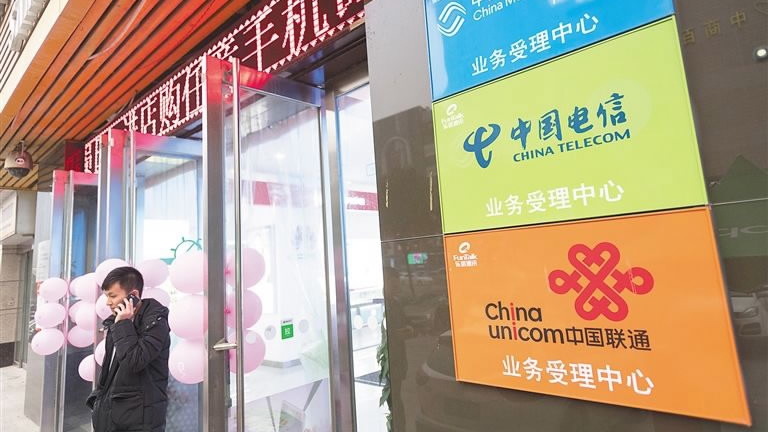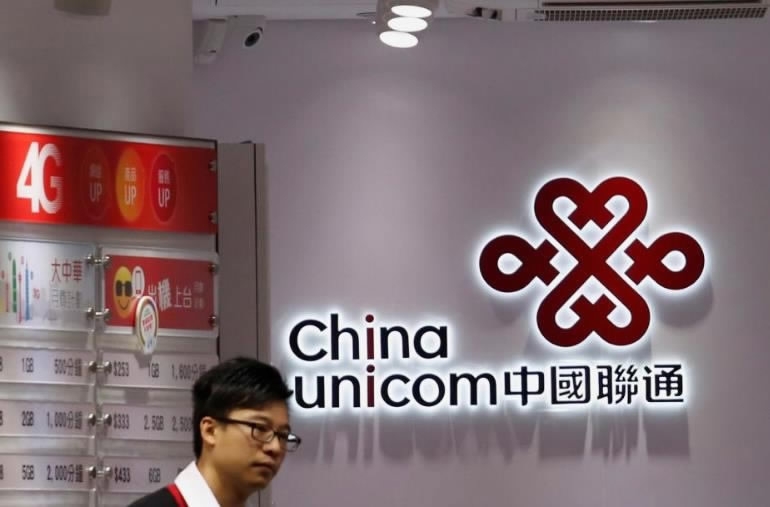
Tech & Sci
13:14, 17-Aug-2017
Seeking more control in telecom world, China's Internet giants regard the investment in China Unicom as a good choice
By Wang Xueying

China's state-owned telecommunication operator, China Unicom, announced Wednesday plans to bring in private investment, raising as much as 61.73 billion yuan (more than nine billion US dollars) by selling shares. A handful of China's Internet giants, including Alibaba Group, JD.com, Tencent and Baidu, are among the investors.
For years, private Internet giants in China have been no longer unsatisfied with their online dominance and are seeking to get an access to the telecom market by building e-commerce network and digital social platforms.
By investing billions of yuan into China Unicom, Chinese Internet players have eventually got a good entry to the telecom business market, which has great development potential.

China Unicom /Reuters Photo
China Unicom /Reuters Photo
According to the latest statistics, China Unicom's revenue reached 123.1 billion yuan in first half of 2017, and that of its rival telecommunication operator, China Mobile, climbed to 388.87 billion yuan in the same period. Under this circumstance, it is indeed extremely attractive for Internet companies with large number of private capital to invest in the telecom market.
In fact, it is not the first attempt for China's private Internet companies to run their own telecom network business.
In 2014, China's first mobile virtual network operator (MVNO) was approved, which means that Internet companies that does not own wireless network infrastructures could also resell wireless communications services. It provides possibility for Internet giants to build their telecom business. Three years later, the number of MVNOs in China has risen to 42, whose users are about 43 millions.
By partnering with China Unicom this time, Internet players could have better reasons to team with main strategic partners in the telecom industry. In the future, China's Internet companies are likely to play a more important role in the innovation of business models in telecom industry.

SITEMAP
Copyright © 2018 CGTN. Beijing ICP prepared NO.16065310-3
Copyright © 2018 CGTN. Beijing ICP prepared NO.16065310-3